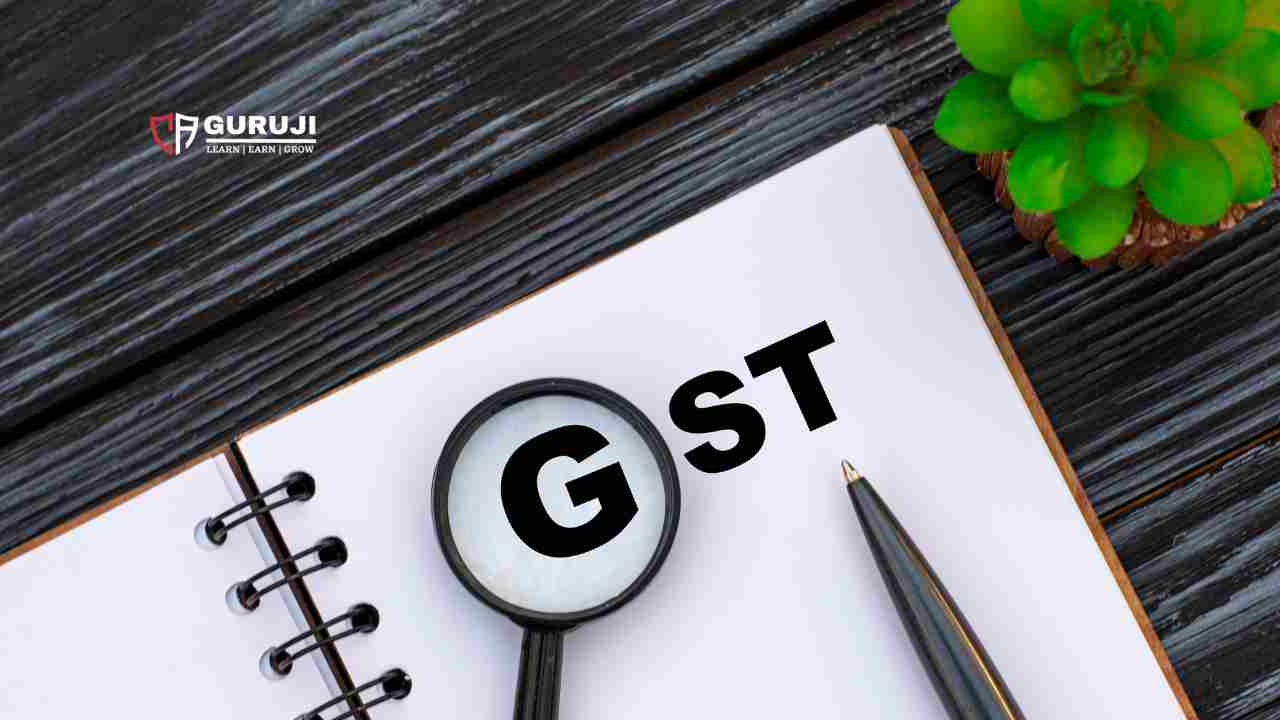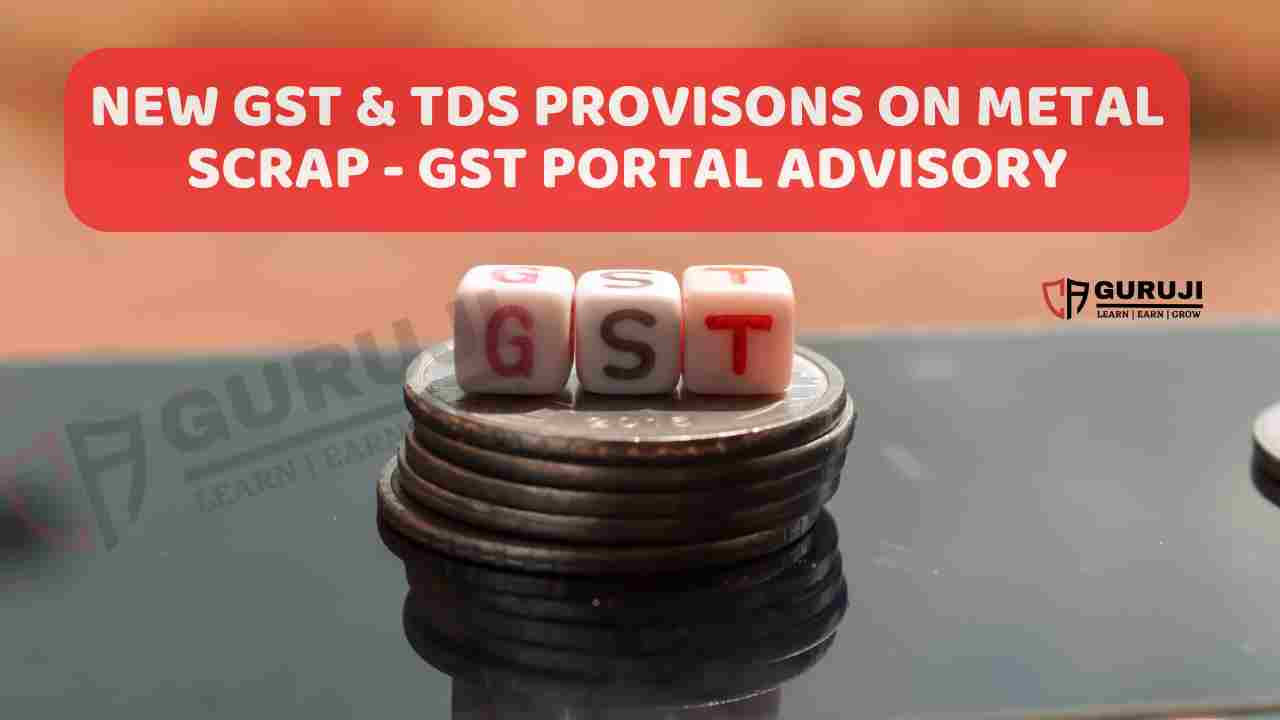Countries should adopt a ‘whole-of-government’ approach to address the challenge of illicit financial flows through sharing of information from tax authorities to non-tax agencies, like financial intelligence units, anti-corruption agencies, customs authorities and public prosecutors, an OECD report said.
India has been pressing for expanding the scope of common reporting standard (CRS) at the G20 to include non-financial assets, like real estate properties, under the automatic exchange of information (AEOI) among OECD countries.
In a report titled ‘Facilitating the use of tax-treaty exchanged information for non-tax purposes’, OECD said illicit financial flows (IFFs) have a cross-cutting nature and involve a diversity of crimes and offences transcending tax evasion, such as money laundering, terrorism financing and corruption.
It is thus highly important for jurisdictions to adopt a whole-of-government approach to addressing them, notably through the sharing of information from tax to non-tax authorities, which can include information exchanged under international tax agreements, the report said.
This process of wider use of treaty-exchanged information could be achieved through the implementation of cooperation agreements: (i) between competent authorities for exchange of information for tax purposes, and (ii) between tax and non-tax authorities at the domestic level.
The sharing of information obtained through the exchange of information for tax purposes (EOI) with other authorities for non-tax purposes, also known as the wider use of treaty-exchanged information, could significantly assist investigations carried out by other non-tax law enforcement authorities, such as anti- money laundering and countering the financing of terrorism (AML/CFT), anti-corruption, prosecution and customs authorities, the report said.
Countries face a common threat posed by illicit financial flows (IFFs), including those associated with tax evasion, as well as money laundering, terrorism financing and corruption. Tax evasion and other IFFs are often closely linked, as offenders usually fail to report or misrepresent to tax authorities the income derived from illegal activities, the report said.
Non-tax authorities with which information could be shared would include those whose competence is one of the non-tax purposes envisaged. They could include, for example, financial intelligence units, anti-corruption agencies, customs authorities and public prosecutors, it added.
Presently, the OECD’s Automatic Exchange of Information (AEOI) framework provides for sharing of financial account details among signatory countries with an aim to check tax evasion.
In August 2022, OECD also approved the Crypto-Asset Reporting Framework (CARF) which provides for the reporting of tax information on transactions in crypto assets in a standardised manner, with a view to automatically exchanging such information.
Revenue Secretary Sanjay Malhotra earlier this year said there is a need to broaden the scope of AEOI so that the information could be used not only to check tax evasion, but also for other non-tax law enforcing purposes.
Under the AEOI framework, signatory countries follow a CRS and obtain information from their financial institutions and automatically exchange that information with other jurisdictions on an annual basis.
“We would also like expansion of the CRS from financial to new other non-financial accounts and assets, because the risks are not only in financial assets… there is a risk of tax evasion in non-financial and real assets, properties etc,” Malhotra had said.










